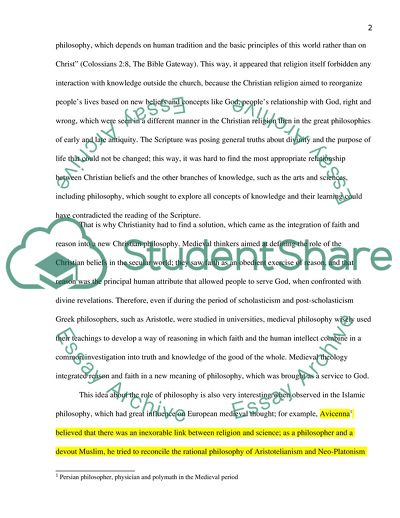Cite this document
(Conflicts between the Popes and the Holy Roman Emperors, the Medieval Assignment, n.d.)
Conflicts between the Popes and the Holy Roman Emperors, the Medieval Assignment. Retrieved from https://studentshare.org/philosophy/1738036-philosophy-ancient-medieval-islamic-and-catholic
Conflicts between the Popes and the Holy Roman Emperors, the Medieval Assignment. Retrieved from https://studentshare.org/philosophy/1738036-philosophy-ancient-medieval-islamic-and-catholic
(Conflicts Between the Popes and the Holy Roman Emperors, the Medieval Assignment)
Conflicts Between the Popes and the Holy Roman Emperors, the Medieval Assignment. https://studentshare.org/philosophy/1738036-philosophy-ancient-medieval-islamic-and-catholic.
Conflicts Between the Popes and the Holy Roman Emperors, the Medieval Assignment. https://studentshare.org/philosophy/1738036-philosophy-ancient-medieval-islamic-and-catholic.
“Conflicts Between the Popes and the Holy Roman Emperors, the Medieval Assignment”. https://studentshare.org/philosophy/1738036-philosophy-ancient-medieval-islamic-and-catholic.


